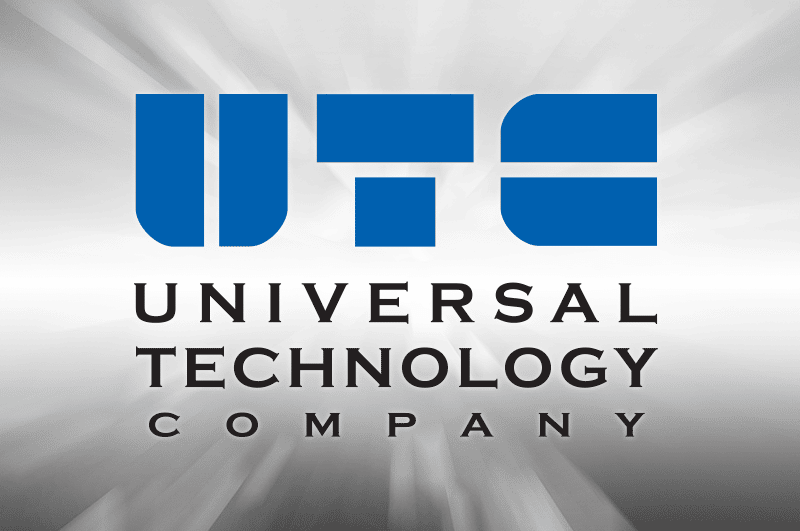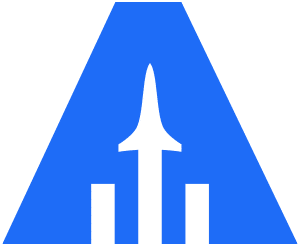August 07, 2018
Universal Technology Corporation (UTC) and Materials Resources, LLC (MRL), two small businesses from Ohio’s Miami Valley, today announced their intent to develop an integrated framework for monitoring, modeling, and controlling the selective laser melting (SLM) process used for high-value additive manufacturing (AM). The collaboration combines UTC’s open-architecture, sensorized AM system with MRL’s artificial intelligence software to provide an innovative feedforward process which will improve quality control for AM parts.
Laser photo here. Selective laser melting uses laser energy to rapidly melt metal or ceramic powders, spread layer by layer, to build up complex three-dimensional parts. SLM is currently the preferred industry process for parts requiring superior dimensional accuracy and material properties, with minimal post processing. Such parts are in high demand for aerospace, defense, medical, and other applications that will benefit from weight savings, on-demand part supply, and improved design freedom.
However, despite the potential of SLM, the technology has yet to see widespread adoption in industry for critical parts because quality control of the process is severely lacking. Industry has increasingly focused on developing new process-monitoring sensor systems that identify errors as they develop during the layer-by-layer build, but there are still no practical methods to act on this data, as the defects occur or preventatively. Through the federal Small Business Innovative Research program, UTC has been awarded a NASA contract with team members MRL and the University of North Carolina at Charlotte (UNCC) to develop and demonstrate a framework that uses industry-leading sensing techniques to inform an artificial intelligence model to control and correct SLM processes.
In this new project, UTC will work with sensor experts at UNCC to integrate fringe pattern projection profilometry (FP3) into UTC’s commercially available open-architecture AM system (OPENSLM™). FP3 provides a fast and effective means to quantitatively analyze the entire surface of each layer, providing data to be used for quality control analysis. The FP3-enabled OPENSLM system will be incorporated into MRL’s Integrated Computational Adaptive Additive Manufacturing (iCAAM™) process/properties modeling suite. Together, the combination of OPENSLM, iCAAM, and FP3 will provide a powerful capability that allows versatile collection of sensor data, full control of all AM process parameters, and artificial intelligence for real-time process modeling and control. The result will be a state-of-the-art SLM system that predicts and corrects for dimensional distortion, captures the dimensional characteristics of every layer in the part’s digital data, and significantly improves build results.
This effort is a significant step forward to reduce the barriers to the adoption of AM for high-value end parts requiring the most stringent quality control.
About Universal Technology Corporation: Established in 1961, UTC is a leading small business headquartered in Dayton, Ohio, providing engineering services, technical management, and product development. In 2017, UTC launched its 3D Innovation Lab (www.utc3di.com) to consolidate company initiatives in additive manufacturing, and accelerate the commercialization of open-architecture AM systems, developed primarily through NASA and Air Force funding and collaboration with the University of Dayton Research Institute. UTC is helping drive the industry shift from relatively closed and expensive industrial-grade AM systems to more open, versatile, and affordable systems and sensor packages.
About Materials Resources, LLC: Founded in Dayton, Ohio, by Dr. Ayman Salem in 2009, MRL (www.icmrl.net) is a leader in practical implementation of microstructure-informed integrated computational materials engineering (ICME). In 2016, MRL started internal funding for in-house commercial additive manufacturing of hard-to-make alloys including titanium and aluminum alloys, with its first end-user AM parts sold in 2017. MRL developed a suite of software tools (iCAAM™) that implements ICME workflow into AM to optimize part performance for residual stresses, fatigue life, and strength. For this development, MRL developed machine-learning algorithms for pattern recognition and data-driven modeling based on in-house databases linking location-specific microstructure, thermal profile, and material properties. In 2018, MRL’s team with MSC Software, CTC, SLM Solutions, University of Pittsburgh, and America Makes was awarded a potential $6.4 million contract from the Navy Quality Made funds to develop and demonstrate a suite/combination of AM software and hardware technologies required to support the rapid qualification of critical metallic components at a reduced cost.


